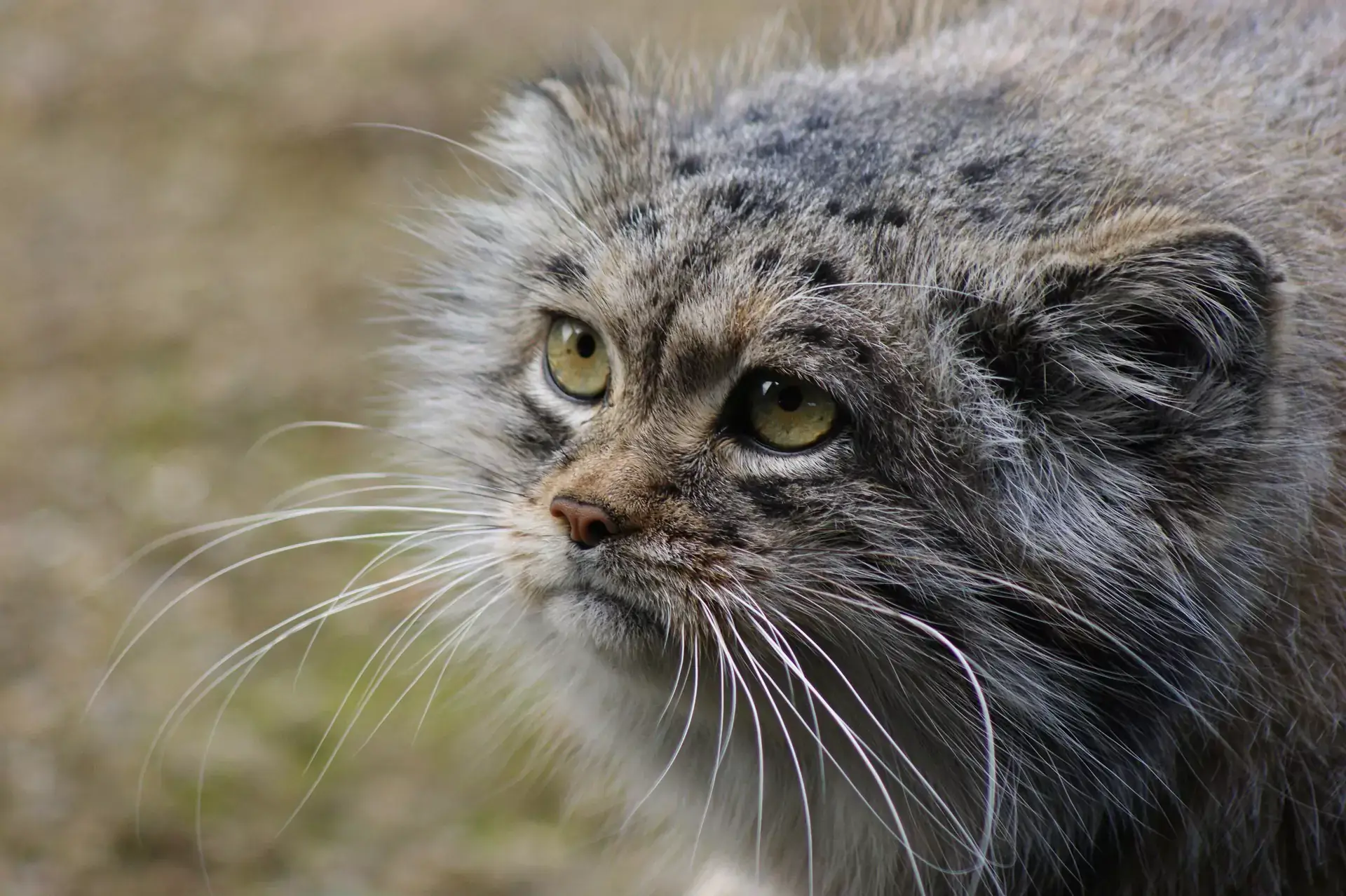Feeding Your Ferret
World Ferret Day is tomorrow! Just like any other pet, these little furballs need good nutrition to stay healthy. There are some definite do’s and don’ts to feeding ferrets, so it’s important to do plenty of research here. A local Fort Myers, FL vet offers some advice on this topic below.
Basics
Ferrets are carnivores, so they need meat-based, high-protein diets that are low in fiber and carbs. Commercial ferret food is going to be your best bet here, though high-quality kitten food may be a suitable alternative, though you may need to add fatty acid supplements. If buying commercial food, check the label and make sure that suitable meats, such as chicken, turkey, or lamb, are listed first and most often on the label.
Bones
Ferrets enjoy gnawing on bones, but you should never give your tiny friend cooked bones, as they can break into dangerously sharp shards. Only offer raw, human-grade bones. Ask your vet for specific advice on this.
Feed Schedules
Ferrets are nibblers, and need several small meals every day rather than a few big ones. Opt for between 8 and 10 mini-meals. Your furry buddy should also have fresh water available 24/7. (Tip: get a sturdy bowl, something your ferret can’t knock over.)
Unsafe Foods
It’s also important to know what not to give your ferret. Grains, such as grain or corn, are on that no-no list, as are fruits and veggies, ice cream, chocolate, rice, salt, nuts, milk and other dairy products, peanut butter, alcohol, and anything that contains xylitol. Fish should also be limited. Ask your vet for more information.
Treats
Just like any other pet, ferrets love treats. You can offer small amounts of cooked meat, such as chicken or turkey. Cat treats are also okay, but do not give your little buddy dog treats. Duck soup—which, in the ferret world, doesn’t actually have to contain duck—is also a favorite. However, it’s quite caloric, so should be fed sparingly. Ask your vet for specific advice.
Variety
Ferrets can get quite fussy. In fact, they can become so fixated on a favorite food that they refuse anything else. This can be dangerous, as if your cute pet’s preferred food is ever discontinued, you’ll be in a bind. Offer different things from the start.
Our Advice on Feeding Your Ferret in 2024
What are the dietary needs of ferrets, and what should their primary food source be?
As a veterinarian, we emphasize that ferrets are obligate carnivores requiring a diet rich in animal protein. Their ideal diet should be high in protein and low in fiber and carbohydrates. The primary food source for ferrets should be commercial ferret food specifically formulated to meet these nutritional requirements. When ferret food is unavailable, high-quality kitten food can be used as an alternative. However, it may require supplementation with fatty acids. It’s crucial to ensure that the first ingredients listed are appropriate meats like chicken, turkey, or lamb to provide the necessary nutrients for a ferret’s health.
Can ferrets safely eat bones, and what types of bones are recommended?
In our veterinary practice, we advise that ferrets can safely consume bones, but choosing the right type is essential. Raw, human-grade bones are recommended because they are less likely to splinter than cooked bones. Cooked bones can break into sharp shards, posing a severe risk of injury to a ferret’s digestive tract. Supervision is vital when offering bones to ensure safe chewing and prevent choking hazards. Raw bones can also aid in dental health by helping to reduce tartar buildup. Always consult with your vet for personalized advice for your ferret’s diet.
What is the ideal feeding schedule for ferrets?
As veterinarians, we recommend that ferrets be fed several small meals throughout the day, ideally between 8 and 10 mini-meals. Ferrets have a high metabolism and a quick digestive system, requiring frequent nourishment. Consistent, small portions help maintain their energy levels and support their nutritional needs. It’s also crucial to ensure they have constant access to fresh water. Using a sturdy water bowl to prevent spills is advisable. Adhering to this feeding schedule prevents digestive issues and supports overall health in ferrets.
What types of foods are unsafe for ferrets to consume?
As a veterinarian, we advise that certain foods are unsafe for ferrets and should be avoided. Ferrets should not eat grains, fruits, vegetables, dairy products, nuts, or foods containing xylitol, as their digestive systems are not equipped to process these items. Additionally, chocolate, ice cream, and alcohol are toxic to ferrets. Fish should also be limited in their diet. Offering these foods can lead to serious health problems, including digestive distress and nutritional deficiencies. Sticking to a diet specifically formulated for ferrets is essential to ensure their health and well-being.
What are suitable treatment options for ferrets, and how should they be given?
As a vet, we recommend suitable treatment options for ferrets, including small amounts of cooked meats like chicken or turkey, which align with their carnivorous diet. Cat treats can also be appropriate, but dog treats should be avoided due to differing nutritional needs. A ferret favorite is ‘duck soup,’ a nutrient-rich blend, though it’s calorie-dense and should be given sparingly. When offering treats, moderation is key; they should only make up a small portion of the ferret’s diet. Always ensure treats are free from harmful ingredients like xylitol, chocolate, or grains.
Do you have questions about ferret care? Contact us, your Fort Myers, FL animal clinic, today!





